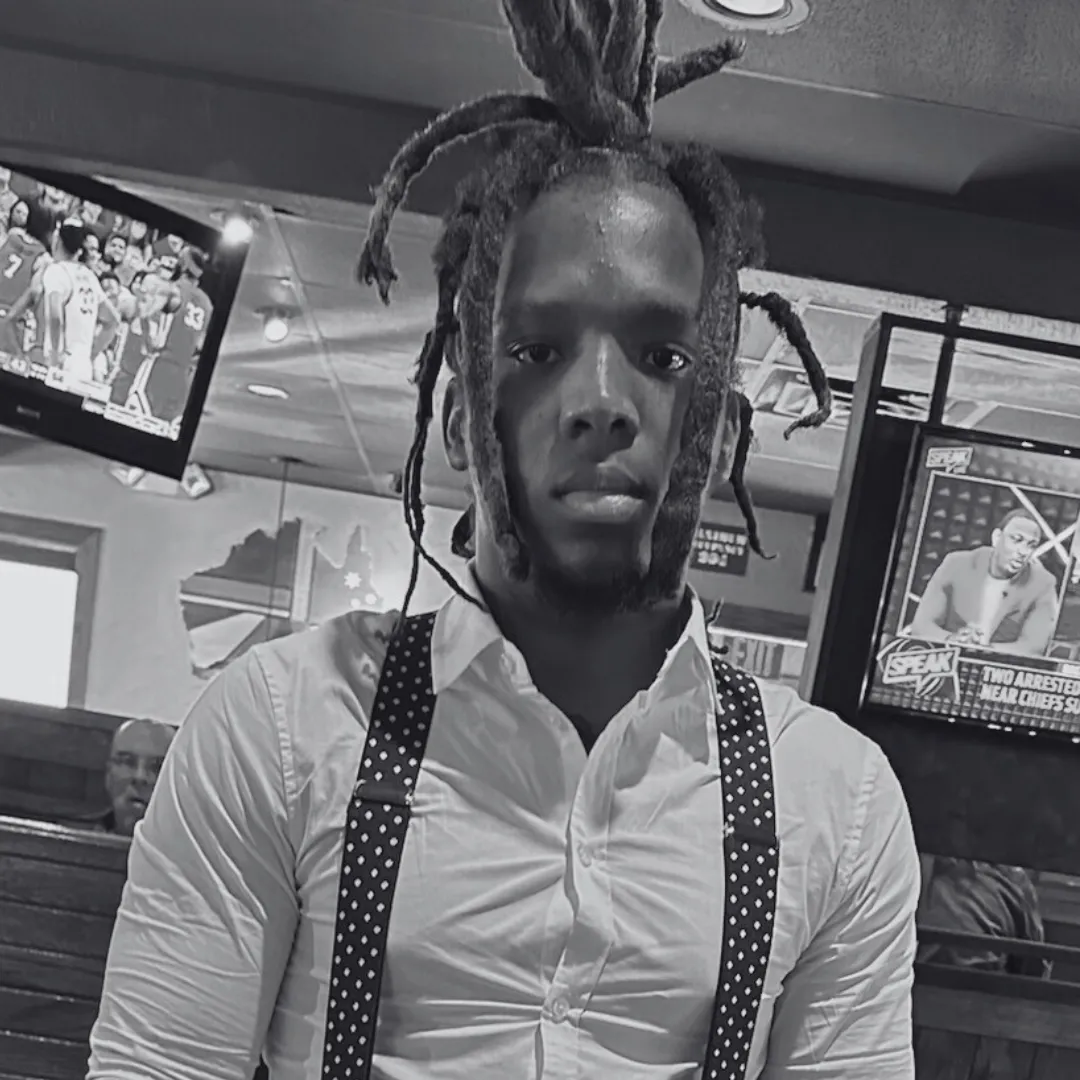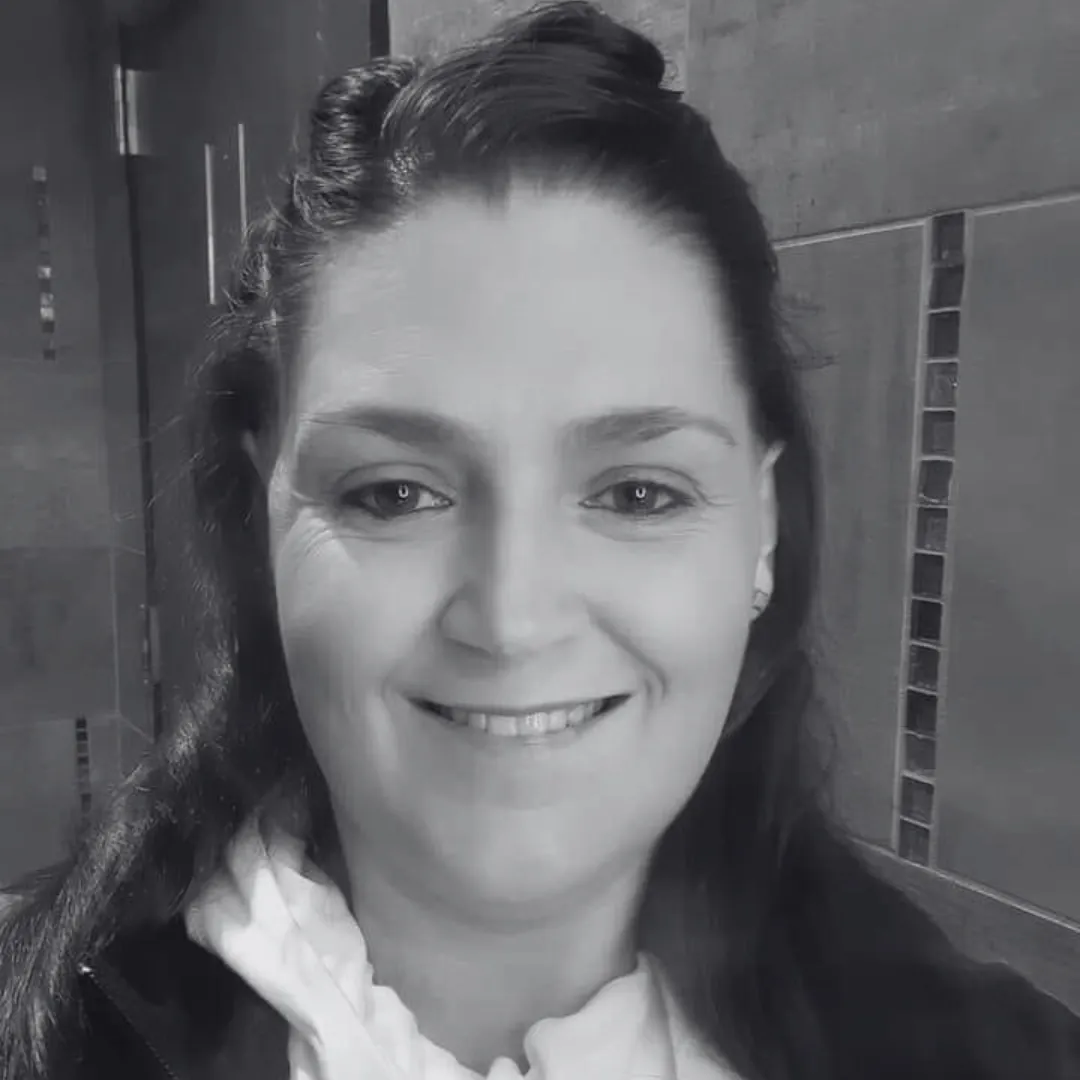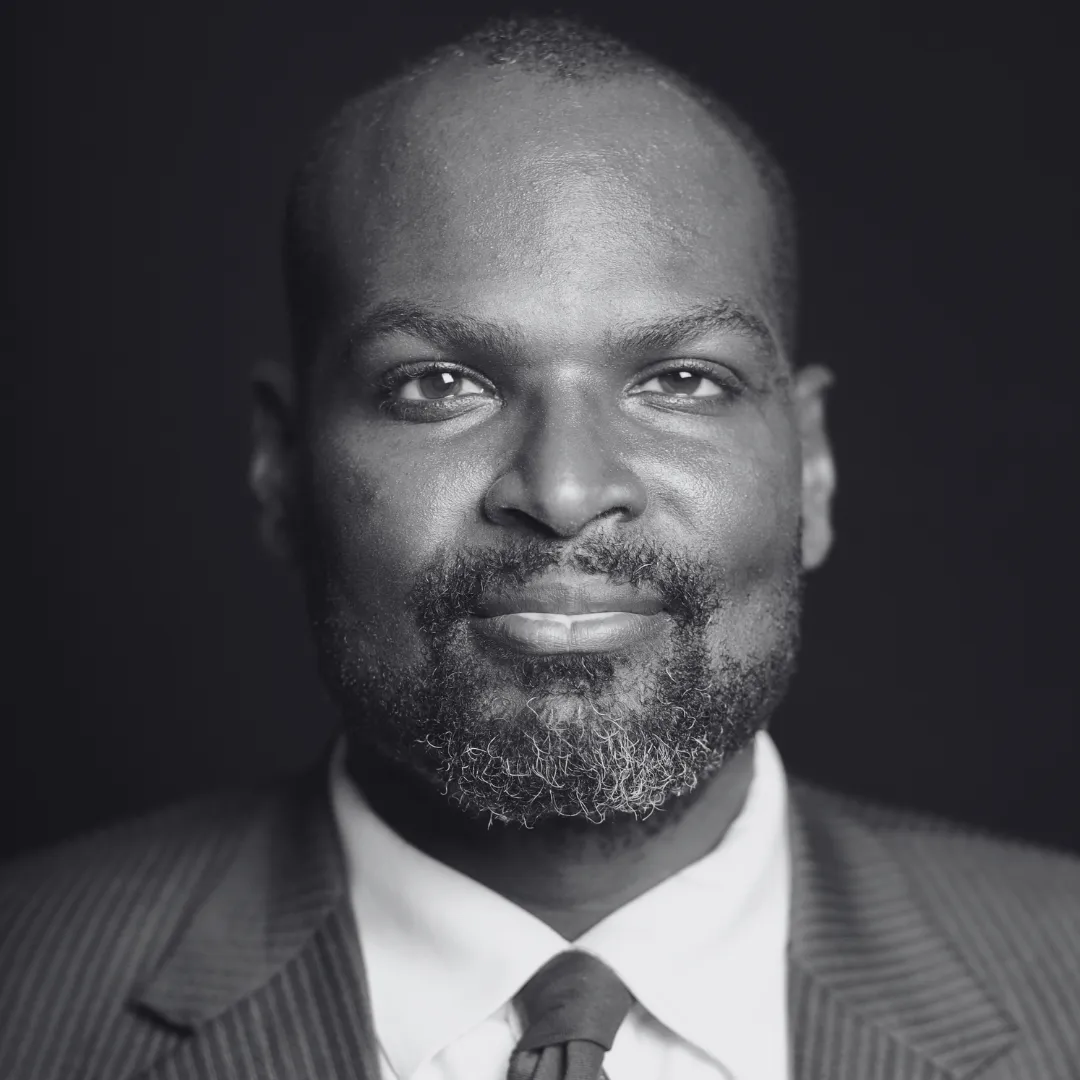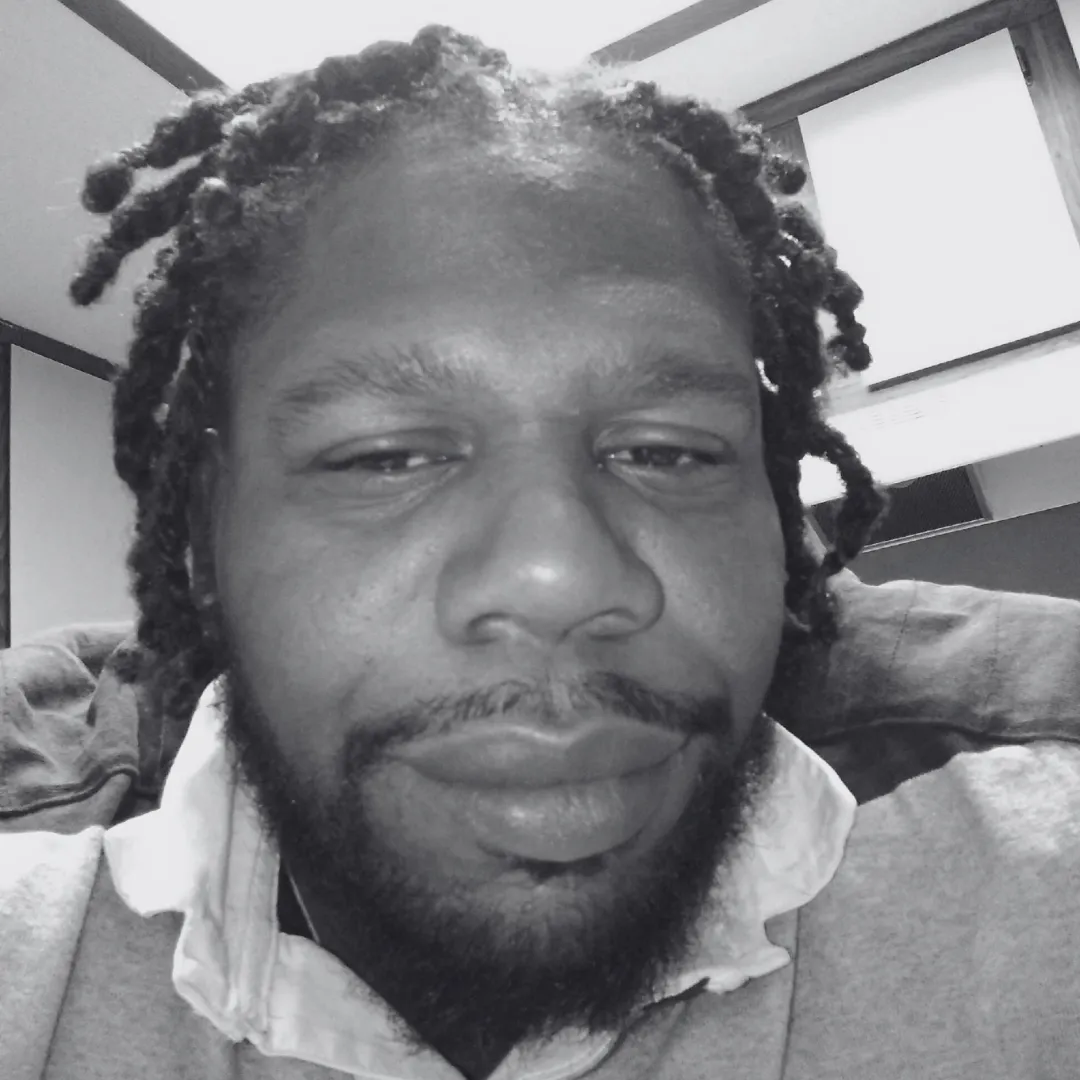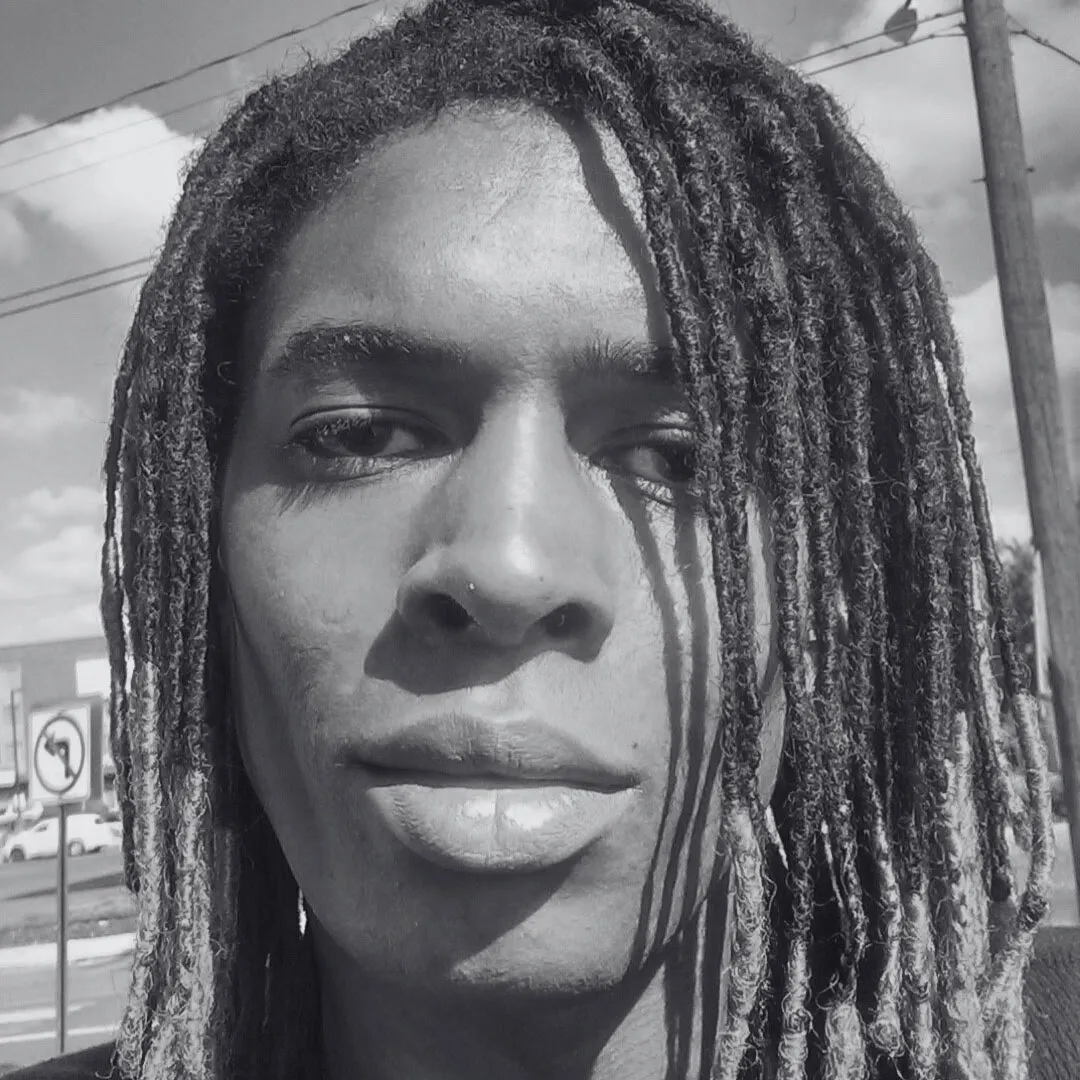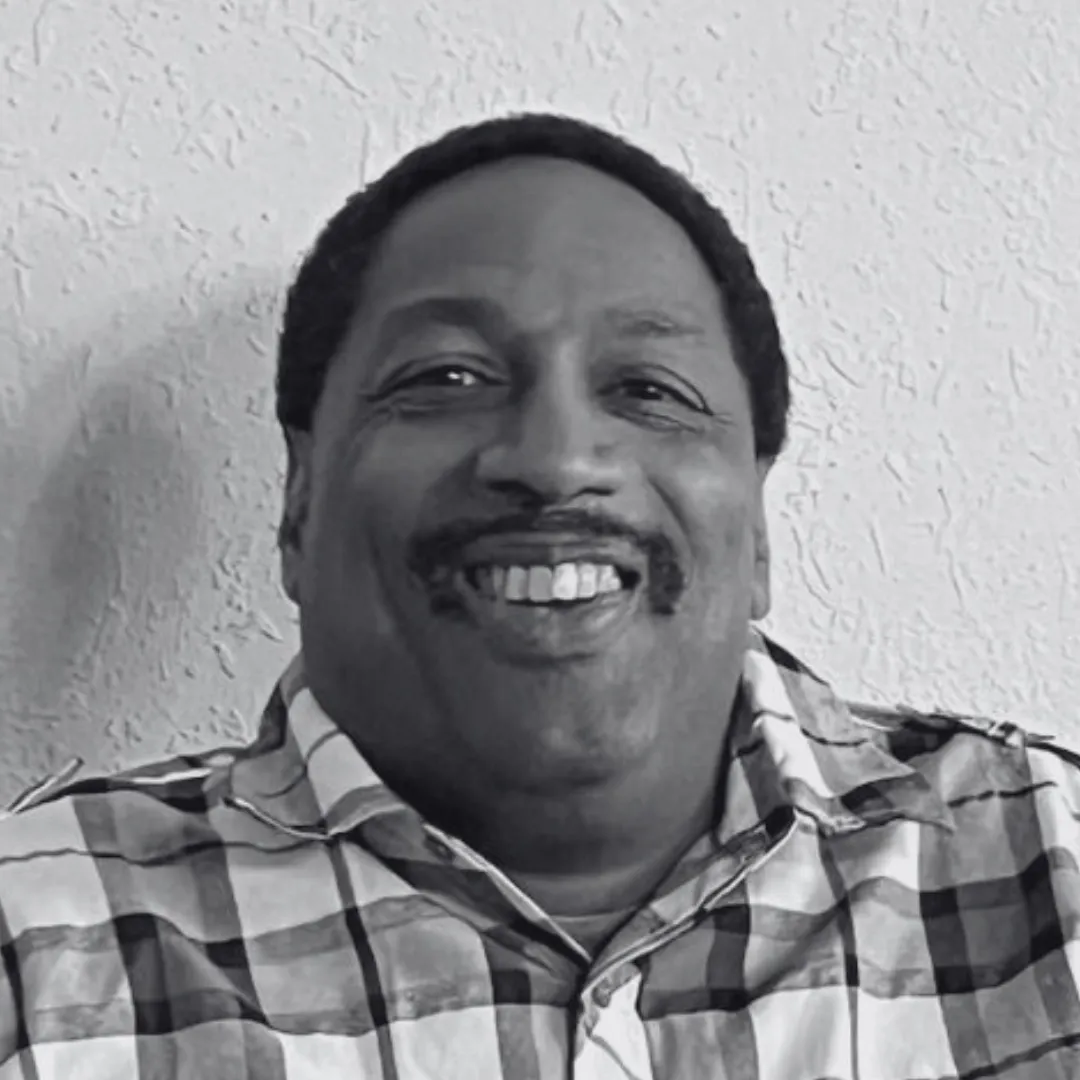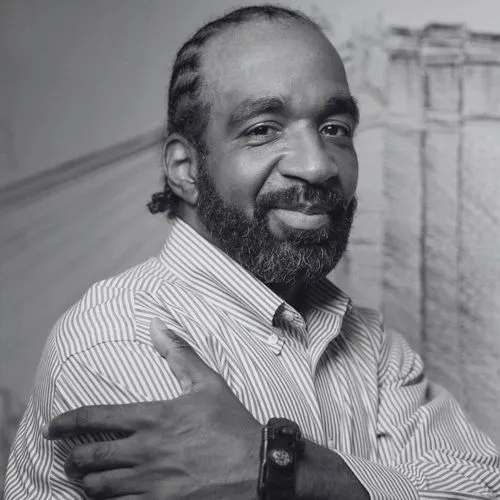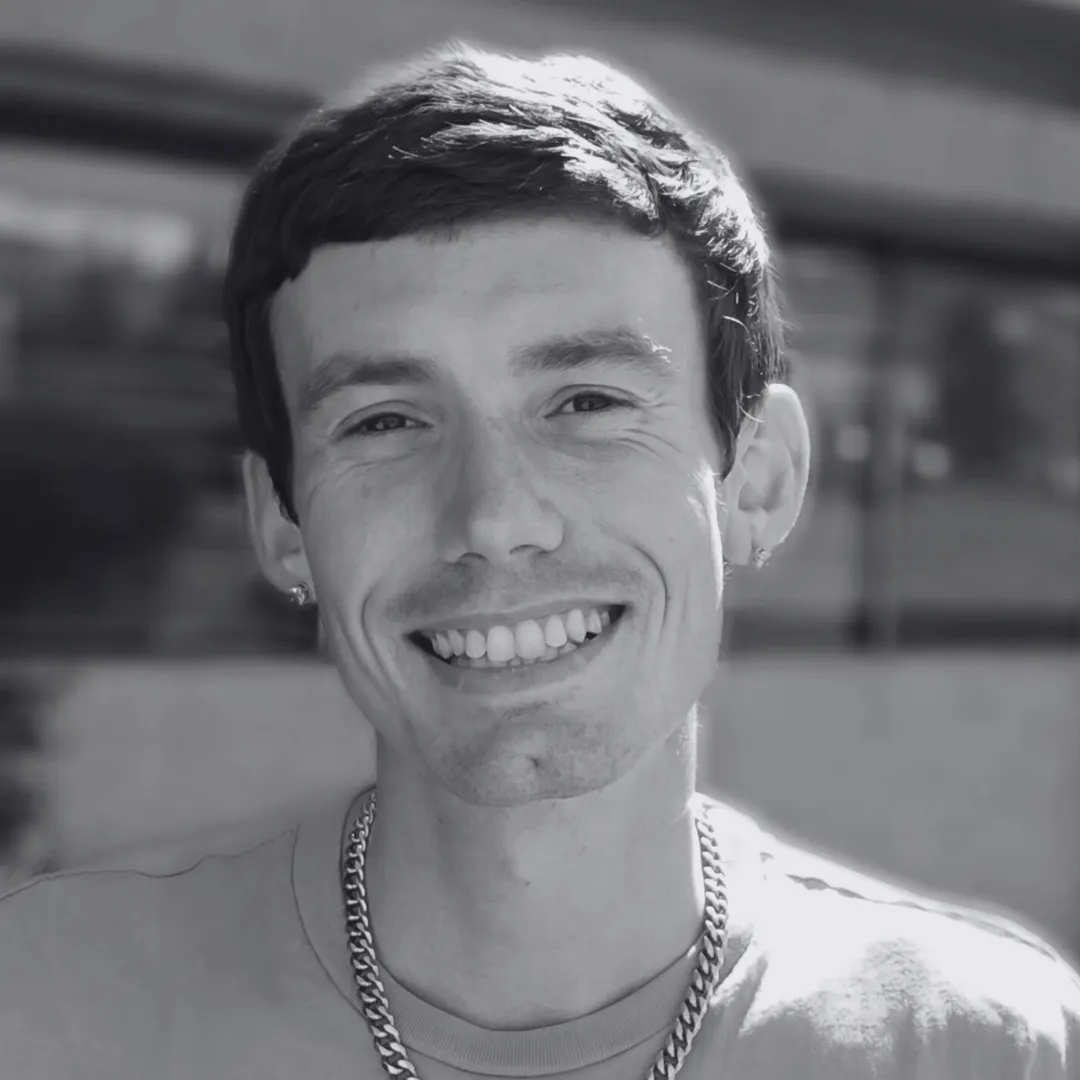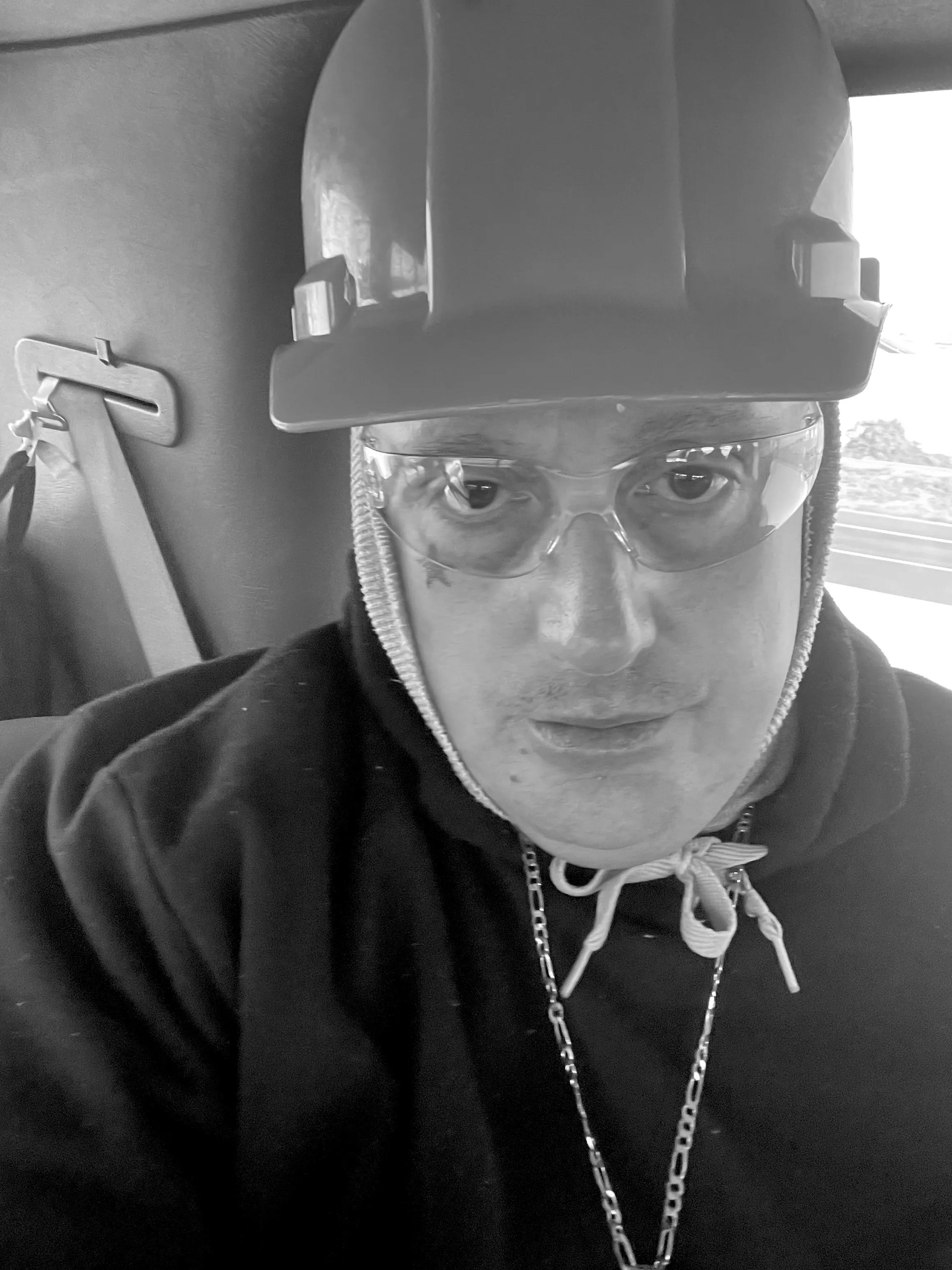‘More Than a Background’ is a public awareness campaign launched by the Center for Employment Opportunities (CEO) to shine a light on the barriers justice-impacted people face in obtaining employment and limit the use of background checks in the hiring process.
The Faces of
Hiring Discrimination
It's Time to Limit The Use of Background Checks in the Hiring Process.
Justice-impacted people continue to face substantial challenges in accessing quality employment because of their records, regardless of their qualifications. Plain and simple, it's not fair.
There is no reason why someone should be denied a job that they are qualified for when their conviction has no relevance to the work they will be performing and there is no legitimate risk to the business. It harms families, it hurts the economy, and it increases recidivism.
Together, We Can Build a More Equitable and Just Workforce. Join us.
While the vast majority of employers conduct background checks as a pre-condition of employment, research indicates that they are ineffective at predicting future behavior, cause further racial inequities in the workforce, and may actually create unnecessary risk for employers.
But there is a better way. Emerging trends in talent assessment, such as skills-based hiring and behavioral assessments, offer more effective and equitable alternatives to background checks, providing employers with a more accurate measure of a candidate’s ability to do the job and be a good fit for the company.
Justice-impacted people are More Than a Background. They possess so many inherent qualities and identities that not only make them amazing human beings, but also valuable talent. They just needa fair chance to prove it.
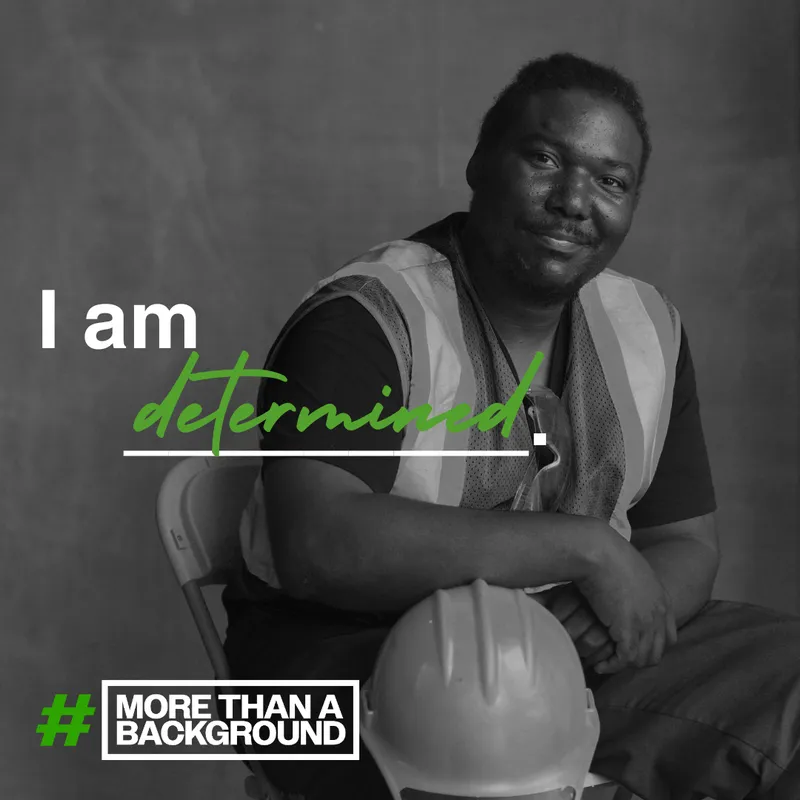
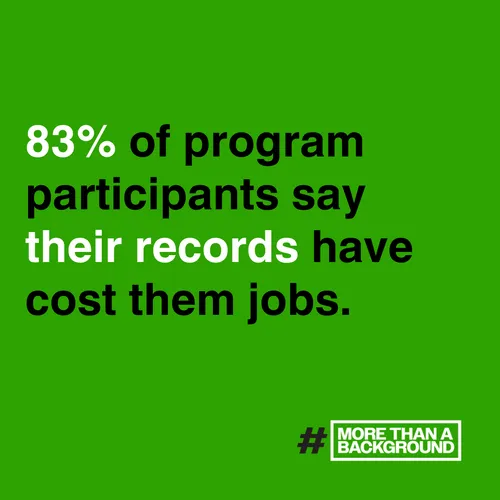
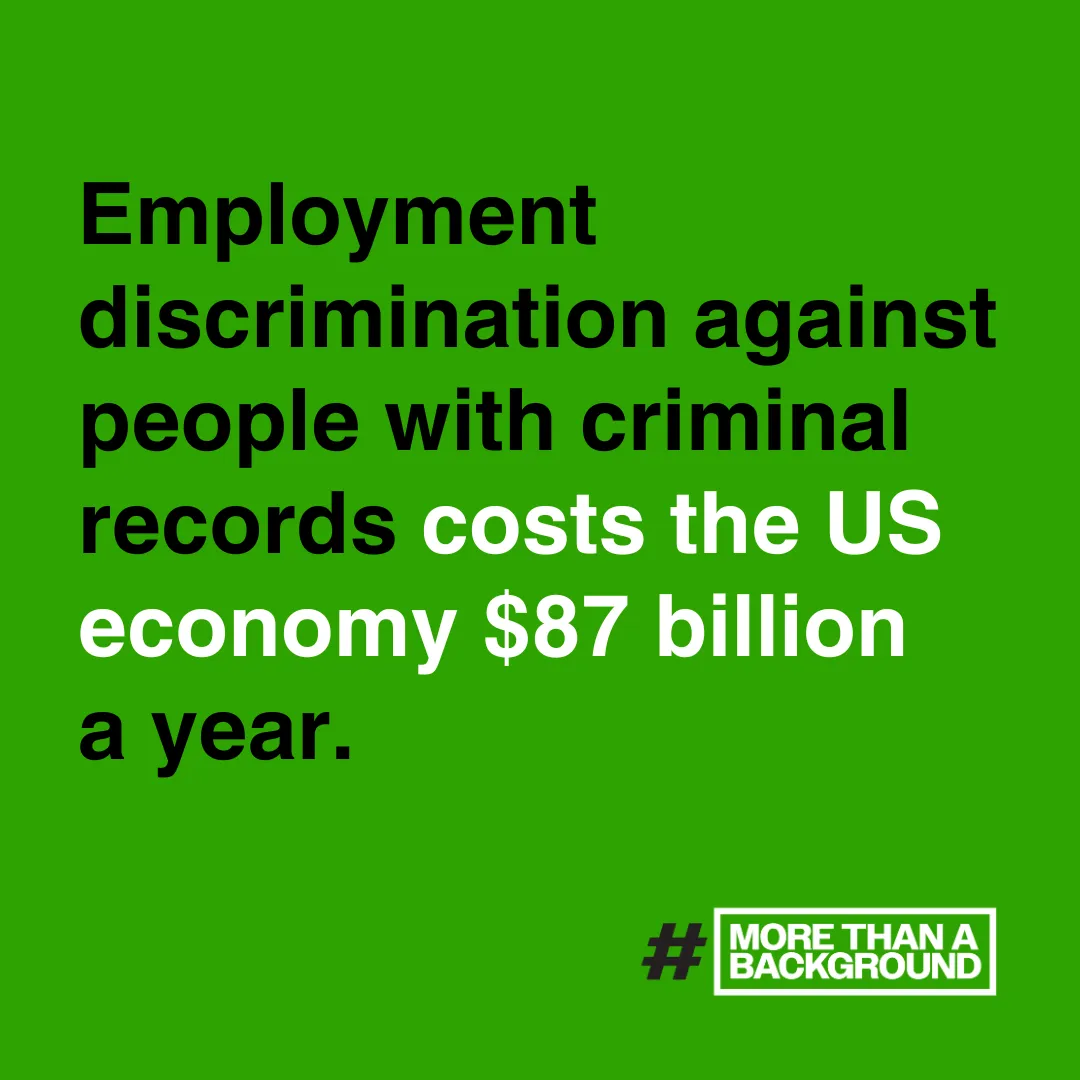
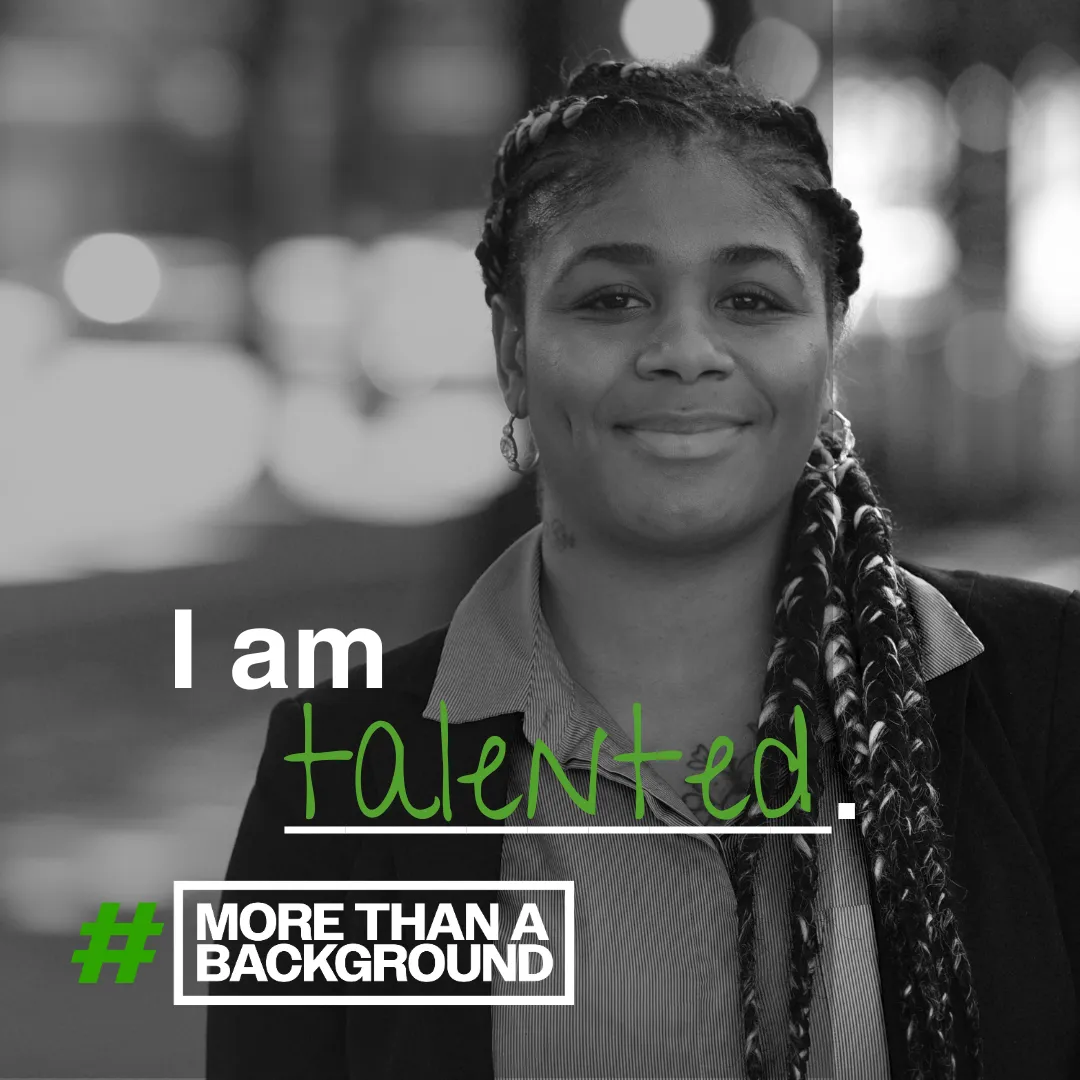
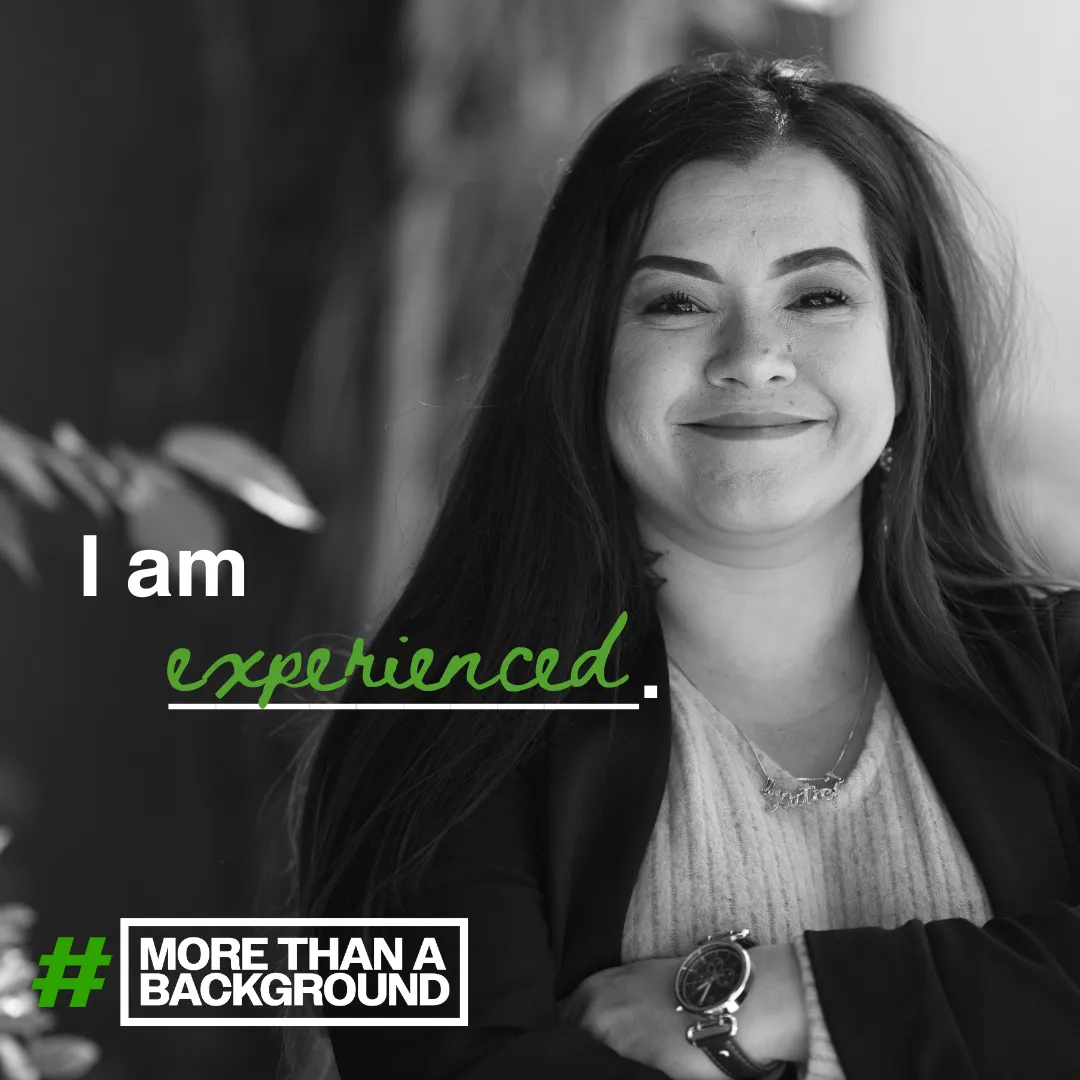
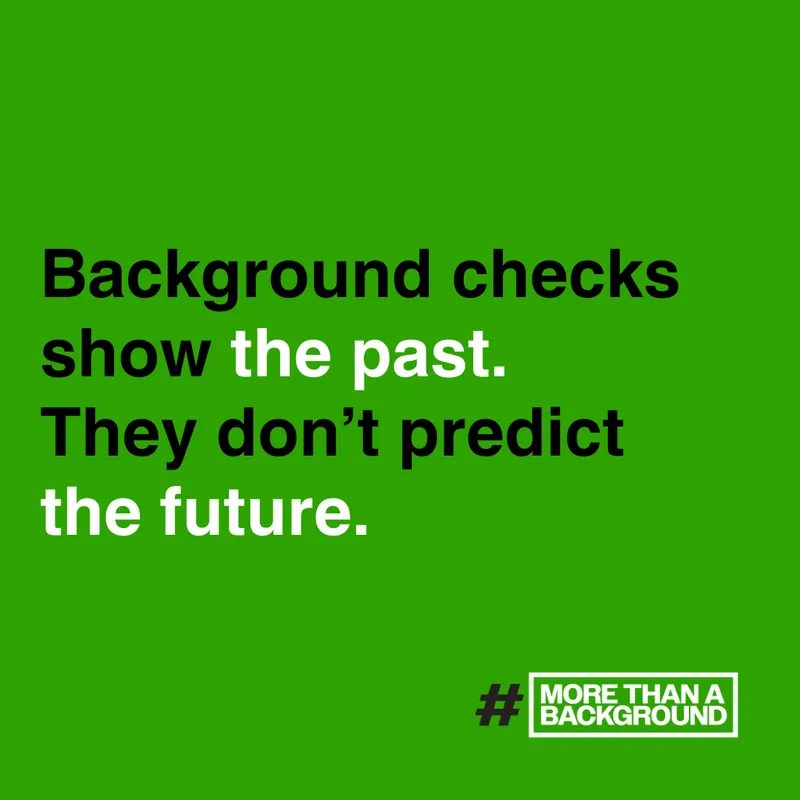
Returning Strong Podcast
Season 1, Episode 3: The Weight of Injustice
We explore with CEO's Americorps Vista member Rudy Buenrostro the effect of incarceration on families, especially their children, who experience a range of difficulties such as increased risk of involvement with the justice system themselves and emotional trauma. Listen to the full episode, where we talk about the unfairness experienced by individuals whose families are caught up in a system and discover how resilience can transform lives.
